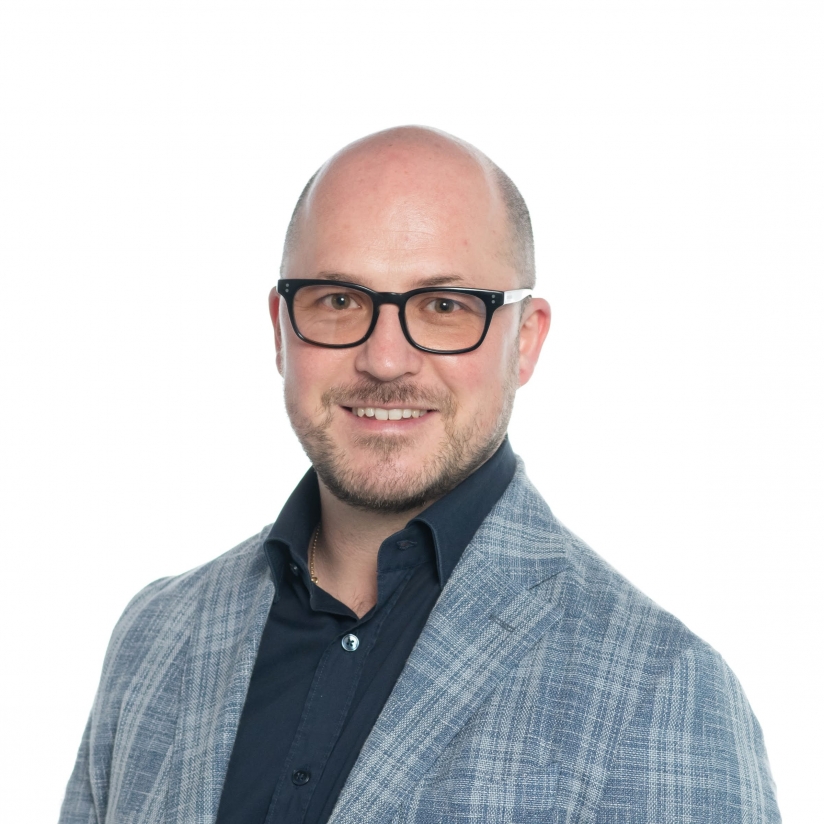Research Workshop on Social Entrepreneurship 2019
“Forming research collaborations in Africa”
The Unit for Social Entrepreneurship at the University of Pretoria, KU Leuven and the African Network of Social Entrepreneurship Scholars (ANSES) invite you for a research workshop on forming research collaborations in the field of social entrepreneurship in Africa at the University of Pretoria on 14-16 August 2019.
The main goal of the three-day workshop is to bring together faculty and PhD students to:
- Form research groups based on common research interests and complementary skills and research networks
- Guide each research group toward the development of an actionable draft research proposal and framework
- Meet social entrepreneurs to connect academia and practice
- Give feedback to PhD students on the academic rigour and relevance of the work they have submitted to the workshop
Why should you attend?
Little is known about social entrepreneurship across the African continent which Claeyé (2017 p.427) describes as “terra incognita”. Social entrepreneurship is a new and exciting field of academic study, which is dominated by Western perspectives. In 2018, a group of academics, led by KU Leuven, the University of Pretoria and Rutgers University hosted a session to strengthen research on social entrepreneurship in Africa at the University of Pretoria. The goal was to identify relevant avenues of research on social entrepreneurship in Africa, build initial partnerships and stimulate research to deepen our understanding of this phenomenon in the African continent.
The present research workshop represents an opportunity to continue incipient conversations and take them to a more practical level by forming research groups and developing research topics of interest into actionable research projects. This will be made possible by the guidance offered during the workshop by some senior academics and methodologists.
For PhD students, the workshop will be a platform to get valuable feedback on their work and to network with more senior academics in the field of social entrepreneurship.
Workshop content
Doctoral consortium – Day 1, morning session
To apply for the doctoral consortium, PhD students will submit an extended abstract of their latest work. During the doctoral consortium, PhD students will present their work and get feedback from one/two subject experts and one methodologist.
Research collaborations – Day 1, afternoon session; Day 2; Day 3, morning session
Upon registration, applicants will submit: their topics of interest, academic level, areas of expertise/strengths, access to data and, preferably, some research work/concept they would like to get collaborators for. The workshop organisers will then pre-match participants and form research groups based on the match between topics/expertise/access to data. This part of the workshop will be then dedicated to taking the research groups to completing a draft research document and framework, with short presentations by some of the workshop facilitators, work in research groups, and feedback to the group’s research mentor. On Day 3, the research groups will briefly present their research plan to the other workshop participants. The evening of Day 2 will also feature a networking evening among all the workshop participants.
Connecting with practice – Day 3, afternoon session
This day is practice-oriented and devoted to interacting with social entrepreneurs. We plan to invite social entrepreneurs from a township context and meet them at the University of Pretoria’s Mamelodi campus. The aim is to introduce the participants to the real-life challenges of social entrepreneurs in Africa.
Workshop facilitators include:
Alex Antonites, Professor of Entrepreneurship, Creativity & Innovation, and Incubation, Department of Business Management, University of Pretoria
Filip De Beule, Associate Professor of International Business and Innovation, Faculty of Economics and Business, KU Leuven
Jacob Park, Professor of Strategy, Innovation, and Entrepreneurship & Director of Sustainable MBA Program, Green Mountain College
Debbi Brock, Assistant Professor of Entrepreneurship and Marketing, Wingate University
Alex Bignotti, Senior Lecturer in Social Entrepreneurship and Director of the Unit for Social Entrepreneurship, University of Pretoria
Workshop hosts
Prof. Alex Antonites, Head: Department of Business Management, Faculty of Economic and Management Sciences, University of Pretoria
Dr Alex Bignotti, Senior Lecturer and Director of the Unit for Social Entrepreneurship, University of Pretoria
Kerryn Krige, Chief Technical Adviser at International Labour Organisation, and PhD Candidate, University of Pretoria and KU Leuven
Mohamed Farhoud, Researcher at the Unit for Social Entrepreneurship, University of Pretoria, and PhD Candidate at both the Faculty of Economic and Management Sciences, University of Pretoria and the Turku School of Economics, University of Turku
Carto Abrams-Swarts, Operations Lead: Community Engagement, University of Pretoria
How to apply for the workshop
To apply for the workshop, please fill in this form by 15 July 2019.
Form: https://forms.gle/nEgS13Ysw2r6YSxg9
Arrangements
Funding has been provided to sponsor your workshop fee in full (which includes lunch and two coffee breaks daily, and one evening cocktail event). However, you will need to cover all other expenses, including travel and accommodation.
Should you require further financial assistance with travel and/or accommodation, upon applying for the workshop, you will need to submit a reference letter from your PhD supervisor (in case of PhD students) or Head of Department (in case of faculty) to mohamed.farhoud@up.ac.za. Such letter will need to specify the expenses to be incurred, how much you can cover with institutional or other funds, and the amount for which you seek financial assistance.
Preference is given to PhD students requesting financial assistance, the granting and amount of which will depend on availability of funds.




